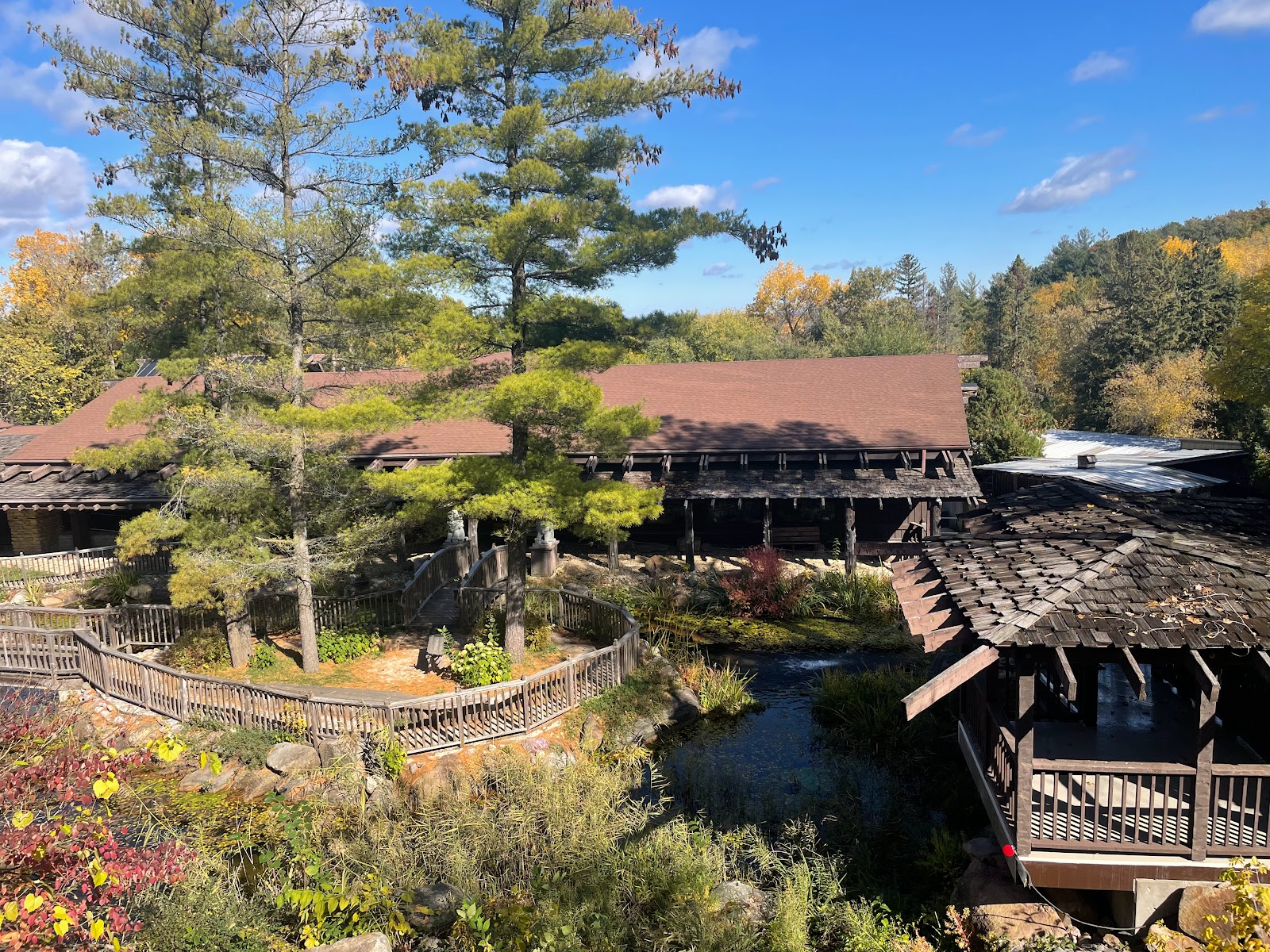Think Global, Read Local
But I'm on a bit of a local reading kick in general right now. It started with my friend Jeremy's book, Trauma Sponges. (I also made my book club read that, but they did not like it as much).
I, on the other hand, think it's one of the best books I've read in a long time. It's a hard read, and Jeremy has no qualms about beating you over the head with his message. But that's because it's that important of a message. This is not a book filled with amusing fire station anecdotes. It's a hard look at how race and poverty and social systems play out in our health and emergency care, and it's not a good story — and one we need to change. When I asked Jeremy if he had any sage thoughts about how to make it better, he replied:
That's a great question. I honestly believe the best, most-practical approach would be at the system level, to reform the 911 call system. The basic idea/premise--that EVERY call is in fact a true life-threatening emergency--is a long-lost fallacy. Refusing to recognize that people call for myriad reasons--many of the callers have no intention of triggering a massive response. Addressing and reforming the HOW of 911 emergency system would be a great start. But the red tape, the for-profit entities (hospital systems and insurance companies), and general human x system incuriosities, will make true change difficult. Thank the group for selecting the book! I appreciate it.
The next local-author-who-happens-to-be-a-friend book I read was A Murder on the Hill by Roger Barr.
Roger's been researching this book for a long time and it shows — it's one of the best-researched books I've read, and that is my total geeky sweet spot. However, it's an unsolved crime. Spoiler alert — Roger doesn't actually magically solve a cold case almost 100 years later. But this book talks about my neighborhood, and has several chapters at the end that sum up why this murder said so much about that period in history, and so I was hooked.
Finally, my tax person/friend just released a book last week called A Season for That (this is not as weird as it sound, he is a James Beard-winning food writer) and DAMN is it good. Part member, part travelogue, part foodie, part wine-loving; yet somehow, none of these parts are exclusive. If you like hearing my stories about traveling the world on a budget in my twenties...well, this is not that. As I told Steve:
Had I been just someone who picked it up I think I would also have loved that. So many books about living abroad are navel-gazing, “it’s all perfect, all I had to do was go somewhere else and my life was totally solved” kinds of things, and this gives the cold hard truth that life-changing decisions are rarely easy.And then there’s the (first) peak, the shift, where it becomes about the work one needs to do to find a place in community, and it’s brilliant.Your love of Mary Jo. Your care and description of the kids (Beatrix is 16 now and it’s soooooo poignant). Your descriptions of people and of life.And then the switch in tone, flowing naturally, where you move into the wine and all your geeky James Beard-ness comes out, but in an accessible way. I now especially see why you were so giddy when we saw you at Solo Vino. Your care for Thierry Rodriguez and the wine he produces (see how “care” is an ongoing theme here?)Yours is not a hard read, but it still demands involvement by the reader to succeed. I love that. I want everyone I know to experience it.I’m probably not going to go buy a vineyard in France. But it does make me want to double down on community, and on myself. I think your story may change the lives of many people. If not, they at least have a damn good read.
So yeah, with these and many others, "summer of reading" is going along pretty well!










Comments